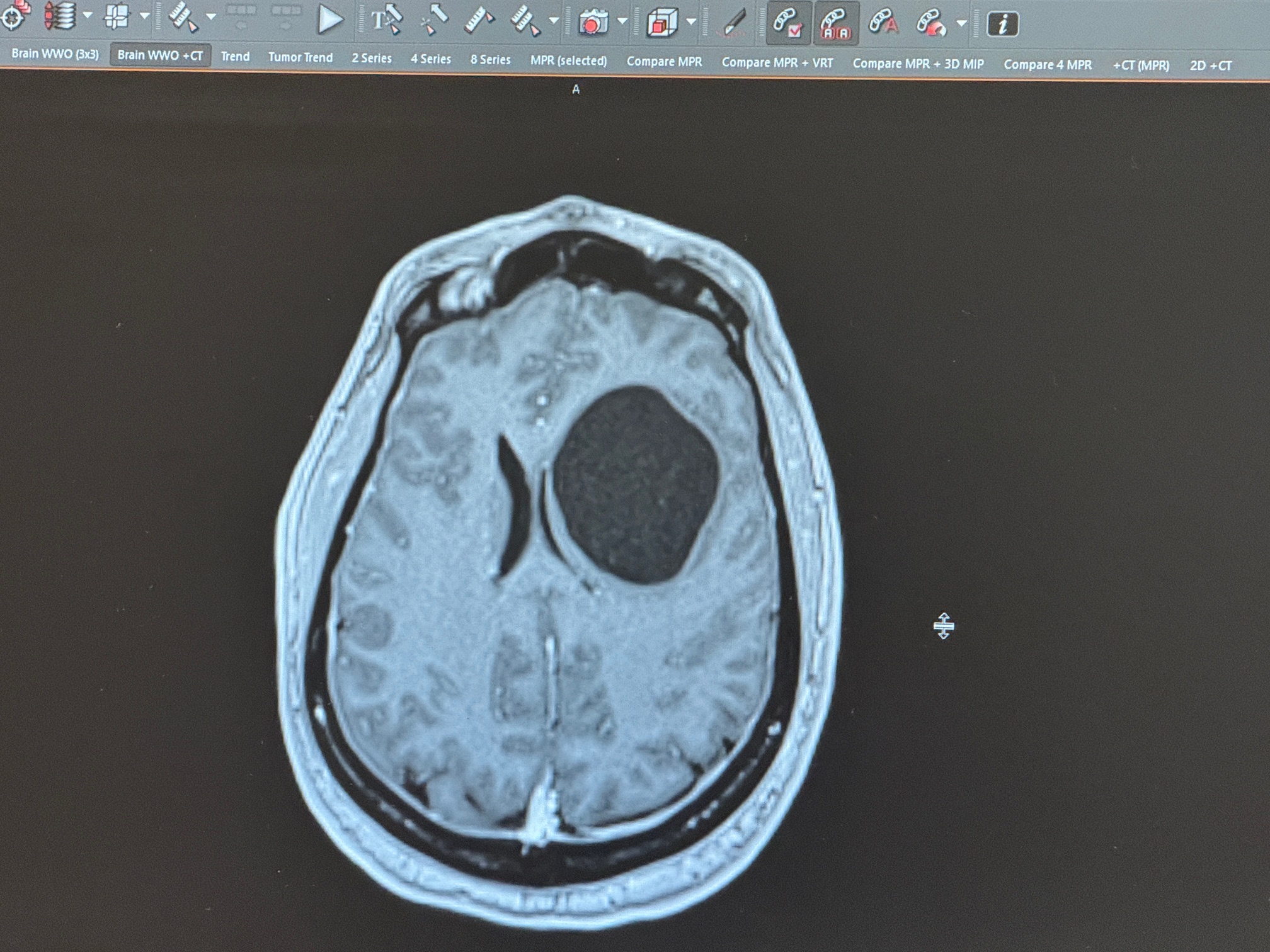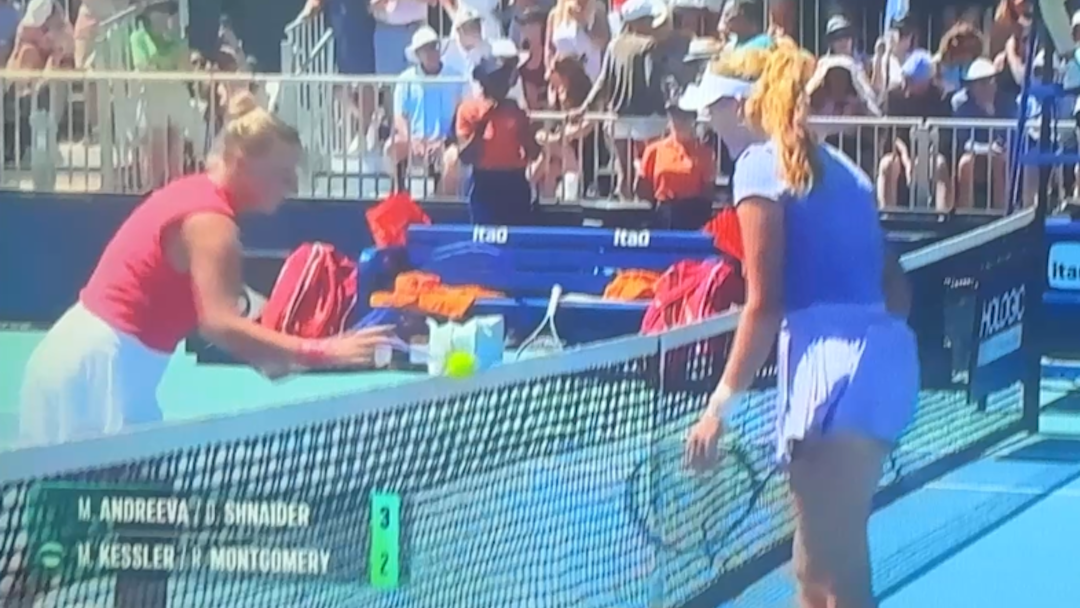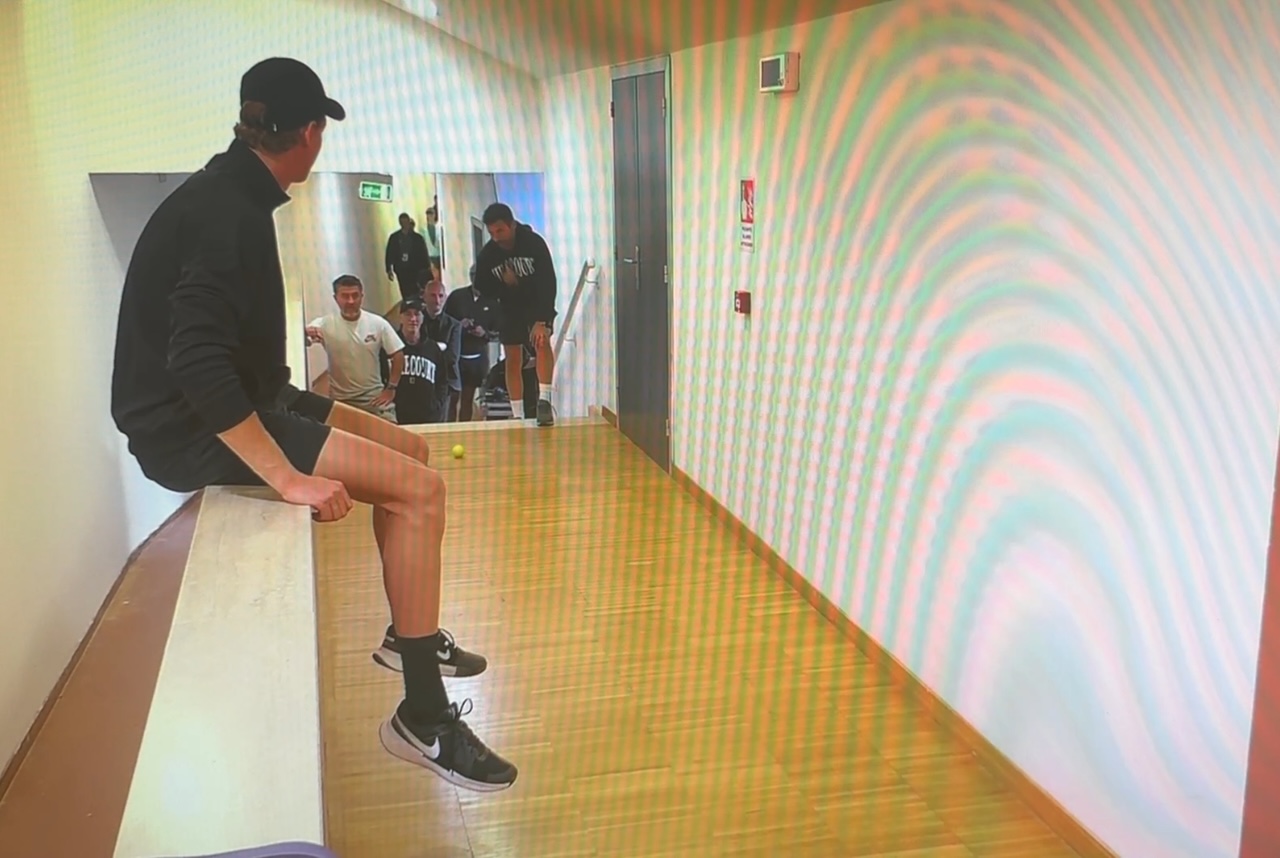Fiend at Court Unplugged
As I continue my walk down memory lane of this site’s posts in 2020, I am confronted by the Fiend at Court bag tags. These tags were printed with the relevant rules for how to start a new set following the conclusion of a tie-break game. I designed and ordered the bag tags in anticipation that I would use them as a business card for anyone who showed an interest in this site. I would have anticipated that all of the bag tags would be gone by now.
The simple fact of the matter is that I still have a large cache of tags languishing in the bottom of my racquet bag. I have not played a USTA tournament since the tags were delivered. They have become a sad monument to the tennis season that mostly didn’t happen in 2020. Maybe 2021 is the year that the bag tags are all distributed.
In reviewing my previous coverage of the tie-break game, there is some bleed over from my general resistance to shortened formats. To be clear, the tie-breaker is one of the most positive innovations in tennis.
The tie-break game was introduced at the US Open in 1970. Not coincidently, that fostered the early stages of an increase of televised matches. Additionally, 1970 was the start of a massive a membership boom for the USTA. That is largely attributed to league tennis.
But what drove the interest in league tennis? The creation and existence of leagues is the pat answer. At the same time, the uptick in interest may also be attributed to the increase in televised professional tennis. Prospective players were simply exposed to the sport more frequently. In some way, the tie-break game assisted along the way.
The tie-break game is beyond a shadow of a doubt a positive innovation in tennis. Other shortened formats are currently on the books and being evaluated. My thinking on abbreviated tennis continues to evolve. I am planning on taking yet another cut at other shortened formats tomorrow.
- “1970: The Tiebreaker is Introduced“, Steve Tignor, Tennis.com, February 19, 2015.
- Kimball, Warren F (2017) The United States Tennis Association: Raising the Game, University of Nebraska Press, Lincoln, Nebraska.
Fiend At Court participates in the amazon associates program and receives a paid commission on any purchases made via the links in this article. Additional details on the disposition of proceeds from this source are available in the “About Fiend at Court” page.



